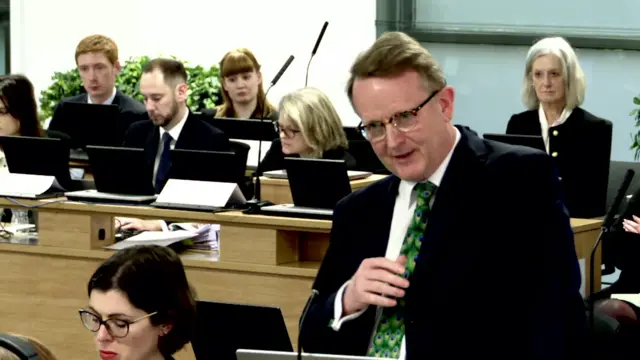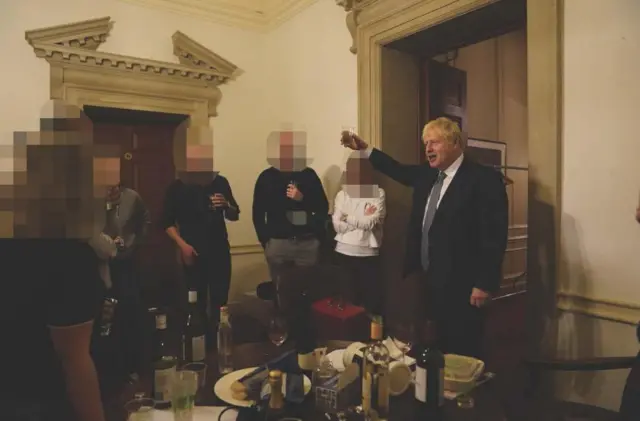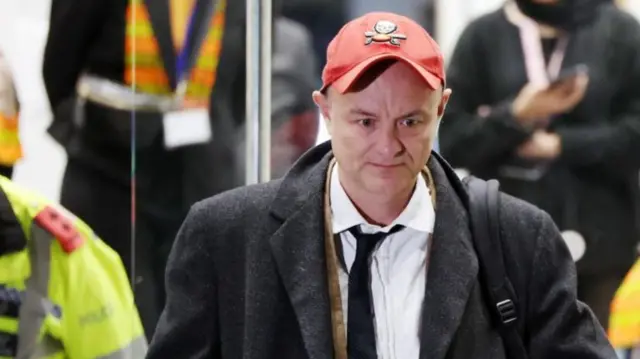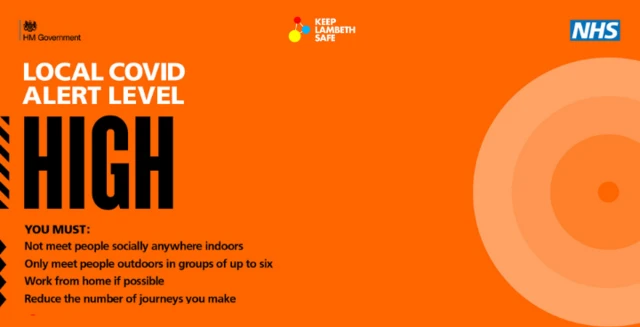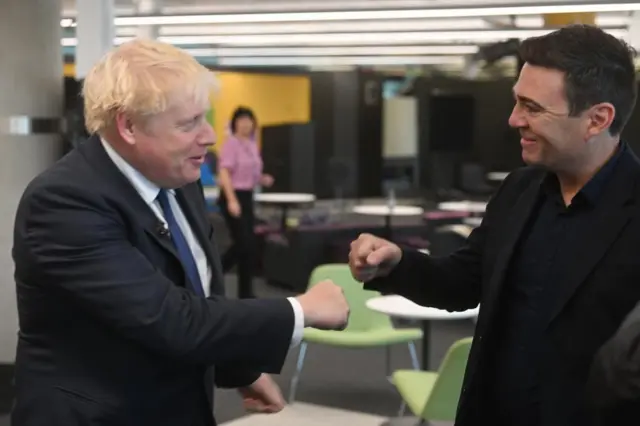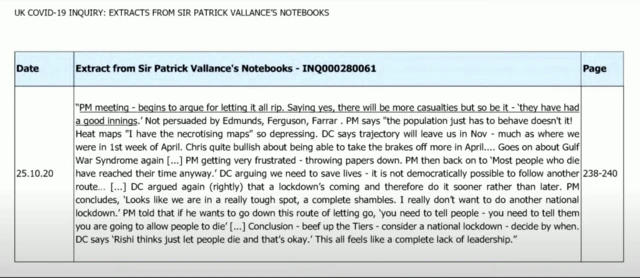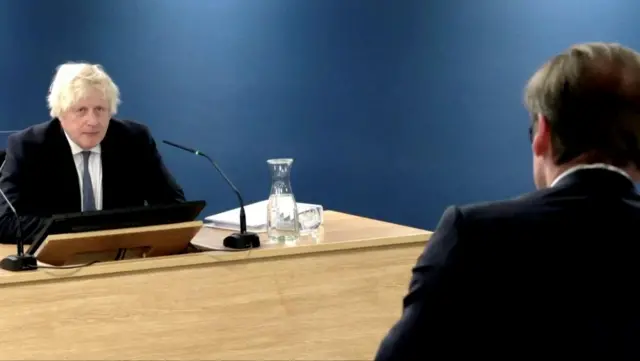What's happened so far today?published at 13:20 GMT 7 December 2023
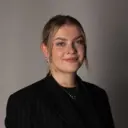 Imogen James
Imogen James
Live reporter
The inquiry has broken for lunch. It has been a tough morning of questioning - while I grab a sandwich, here's what you need to know:
- The first topic was Eat Out to Help Out. Johnson said it didn't "add to the budget of risk" and was surprised when Sir Chris Whitty later referred to it as "eat out to help the virus"
- On rules and fines, Johnson wrote in 2020 he wanted "tougher enforcement and bigger fines". But today he said the government could have relied more on common sense
- The inquiry heard Johnson decided against a circuit breaker lockdown in September 2020, in favour of the regional tier system. He said he thought this system was “worth trying” - but it later "ran out of road"
- Johnson was accused of wanting to “let the virus rip” - but he said, when he raised the idea, he was merely testing the argument, and challenging the consensus
- He admitted it was a “bad moment” when adviser Dominic Cummings travelled to Barnard Castle to test his eyesight
- But he defended the culture in Downing Street, saying the idea of mass rule-breaking was a "million miles" from the truth
